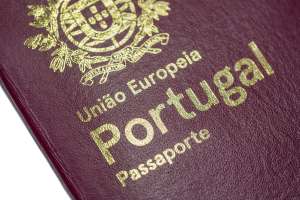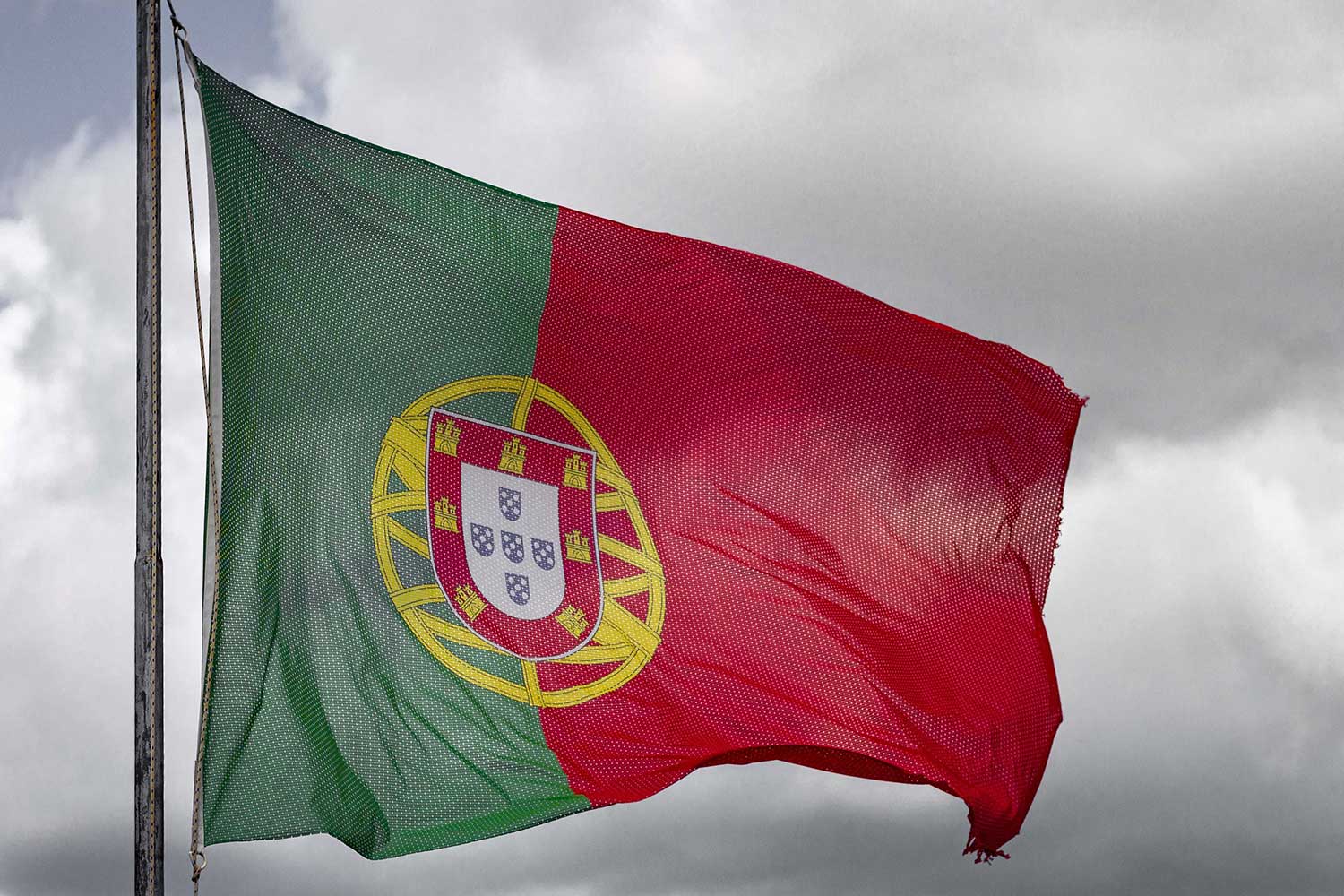Find out if you could be eligible to apply to acquire Portuguese Nationality. We also give an overview of the Portuguese Nationality benefits and the importance of having a Portuguese Passport in Europe.
More and more, either for tourism, for investment purposes or just to live (for instance, by retirees), Portugal has become a considerably relevant destination chosen by foreigners from all over the world.
Being the westernmost country in Europe, this nation, primarily known for its welcoming weather, long history, kind people, and bathed by the Atlantic Ocean along its extensive coast, is now experiencing explosive economic growth, namely in terms of tourism, real estate, and technological ventures.
Although there is facilitated access to the country, which is possible after either obtaining a tourist visa (permit to enter and stay for a limited period of time), an investment visa (especially golden visas, which allow foreigners to obtain legal residency permission in Portugal by investment), or a residency visa (for those wishing to live in Portugal), only the acquisition of Portuguese nationality will allow a foreigner to obtain the equality of rights given to Portuguese citizens in this case without making any investments.
Therefore, those who wish to become Portuguese nationals and fulfill the requirements to acquire Portuguese nationality will especially benefit from:
- The same constitutional rights and obligations were assured to Portuguese citizens. These are fundamental rights that characterize a democratic state governed by the rule of law (encompassing rights such as life, freedom of expression, vote, work, social insurance benefits, health, education, and housing), including the exercise of political rights and non-technical public functions, as well as those other rights and duties that the Constitution or the law exclusively reserve for national citizens, and which are denied explicitly to third-country nationals and stateless persons.
- Becoming a European Union citizen. A Portuguese national is simultaneously a citizen of the European Union (“EU”), which ensures a number of individual rights and duties at the European level, namely the free movement of people, goods (exempted from taxes, customs duties, and other official charges), services and capital, the right of residency, and the right to work in any one of the 27 European Member States. The EU citizen is also entitled to the right of protection provided by the diplomatic or consular authorities of any Member State when staying in non-EU countries, under the same conditions, when there is no diplomatic representation of the citizen’s home country.
- Access to the Schengen area. Similarly, Portuguese citizenship also guarantees entrance to the entire Schengen area, in other words, free movement of people without border control among the 26 members of the Schengen Agreement, which includes 4 non-EU countries (Iceland, Liechtenstein, Norway, and Switzerland).
- Dual citizenship. Portuguese nationality can simultaneously be cumulated with any existing nationality, allowing the dual citizenship regime to operate freely (except if forbidden by other countries), and therefore, by becoming a Portuguese national a citizen does not automatically lose his or her previous nationality.
There are four different ways that legally allow a person to obtain Portuguese nationality: (i) grant of citizenship due to birth circumstances (called “citizenship of origin”); (ii) acquisition of the citizenship through naturalization; (iii) acquisition by declaration (a person fulfilling specific requirements, declares that he or she wishes to become Portuguese); and (iv) acquisition due to adoption by a Portuguese national.
We will focus on two of the ways to obtain Portuguese citizenship, which are the most common and the ones that may be considered by those who contemplate the possibility of becoming Portuguese nationals.
Granting by birth
Basically, a person born in Portugal or abroad is entitled to Portuguese nationality if one of the parents is a Portuguese national. Besides this basic circumstance, there are other cases that the Portuguese law foresees as a condition to be a citizen, for example:
- those born in any territory under Portuguese administration before 8 October 1981;
- the descendants of at least one grand-parent who is a Portuguese national provided that those descendants can demonstrate effective connection with the Portuguese community;
- those born in Portugal, with foreign parents, provided that (i) the parents were not in Portugal at the service of a foreign Government; and (ii) one of the parents is a legal resident in Portugal or has been in the country for at least one year;
- those born in Portugal, with foreign parents, if one of the parents was born in Portugal and is resident in the country at the time of birth.
In order to have the nationality granted, one has to register the birth with the Portuguese authorities. With such registration, the person is considered a national and is entitled to have a citizen card and a passport.
The procedures for registration of those born abroad with a Portuguese parent are not very complex and are relatively fast for minors (under 18 years of age) provided that the necessary documentation is consistent. If you are over 18 years of age, it may take up to 2 years after submission to the Portuguese authorities.
Acquisition by declaration
This applies, amongst others, to the spouses of Portuguese nationals, and requires a declaration of will to acquire the nationality.
In accordance with changes to the Portuguese nationality law passed in 2018 and 2020, the acquisition by marriage is allowed to those who have been married, or under civil marriage conditions, for over 3 years. The foreign spouse is not required to demonstrate an effective connection to the Portuguese community, namely to speak the language if the marriage has lasted for at least 6 years or, if less, the couple has a child or children who are also Portuguese nationals.
It is therefore a much easier pathway for nationality and the procedures are now taking 2 to 3 years to be completed, after submission to the Portuguese authorities.
Our firm has large experience in the handling of these two types of cases and we can help with the preparation of documents and the processing of the matter in Portugal.
Please contact us by e-mail (info@mantonio.net) as well as phone or Whatsapp (+853 6663 5327) for further information and advice.
We will be happy to assist.
To conclude, you can find some useful links below:
Portuguese Consul General in Macau and Hong Kong
Portuguese Nationality Law Revision




